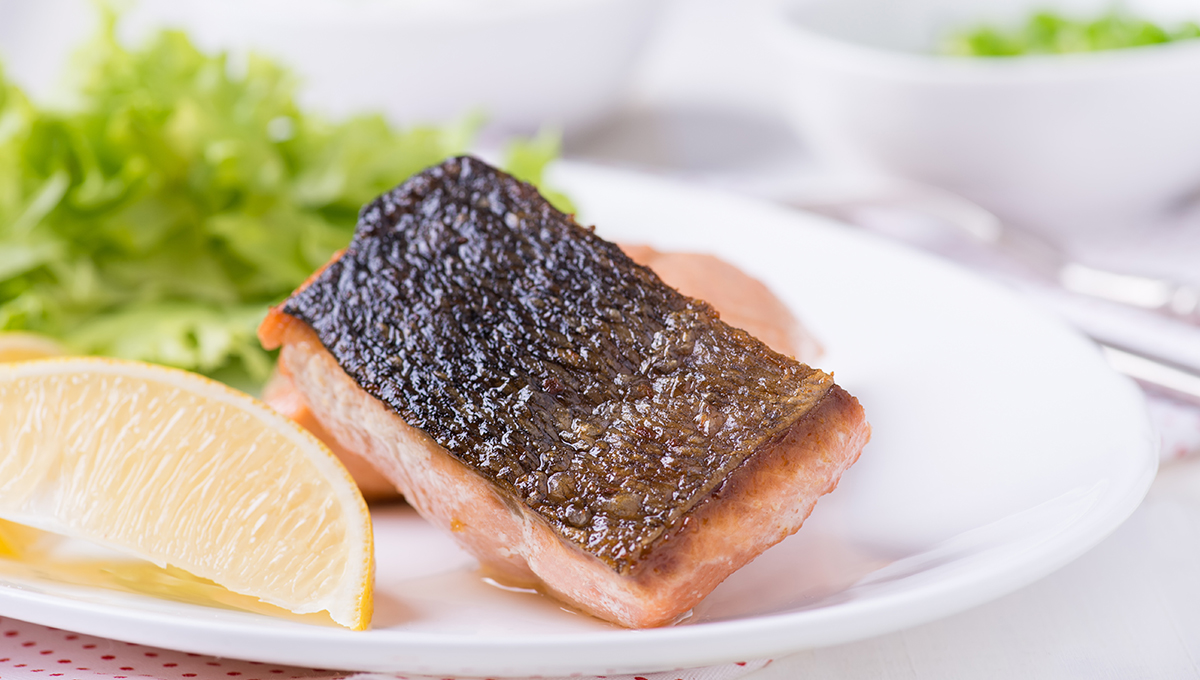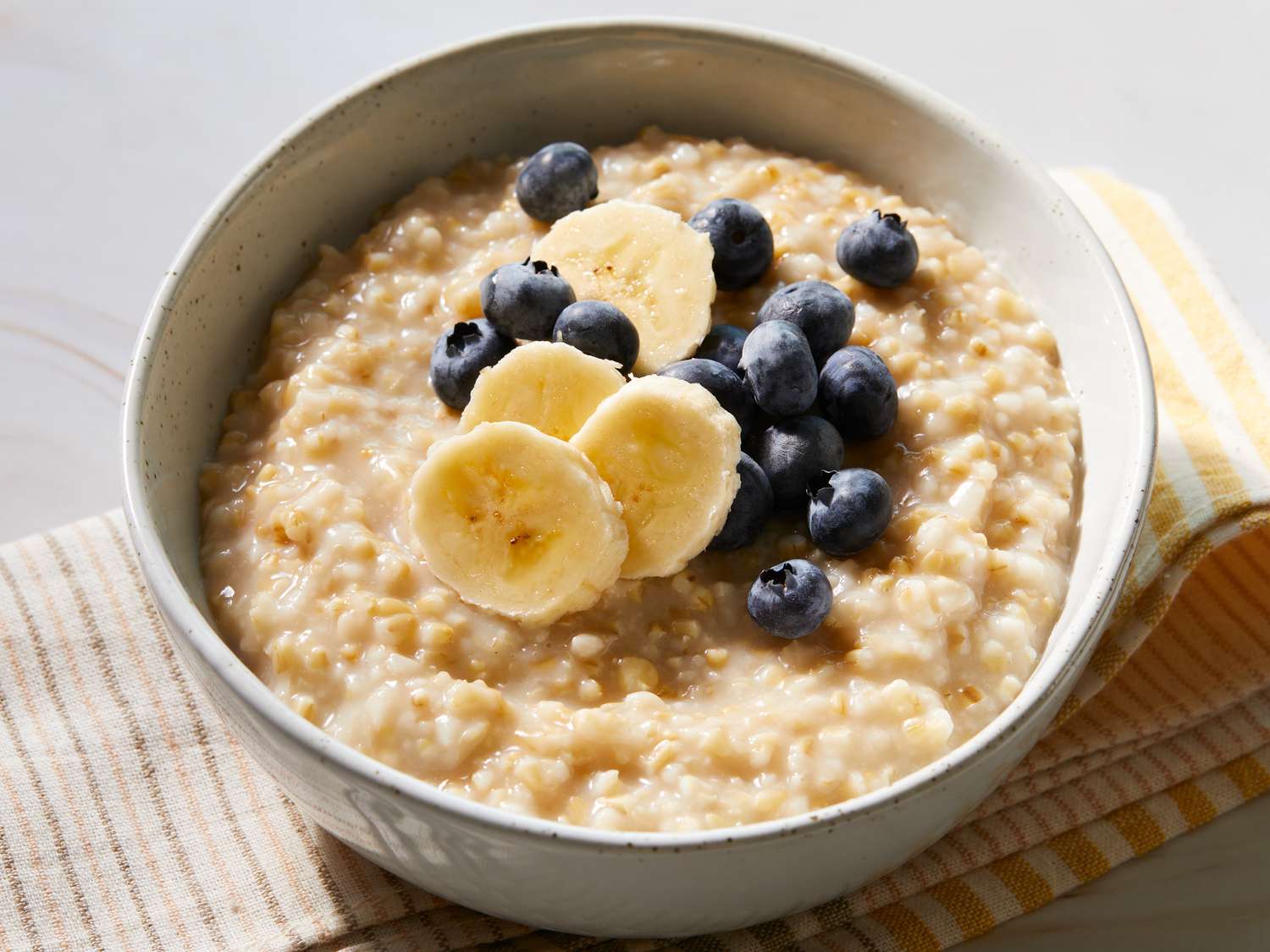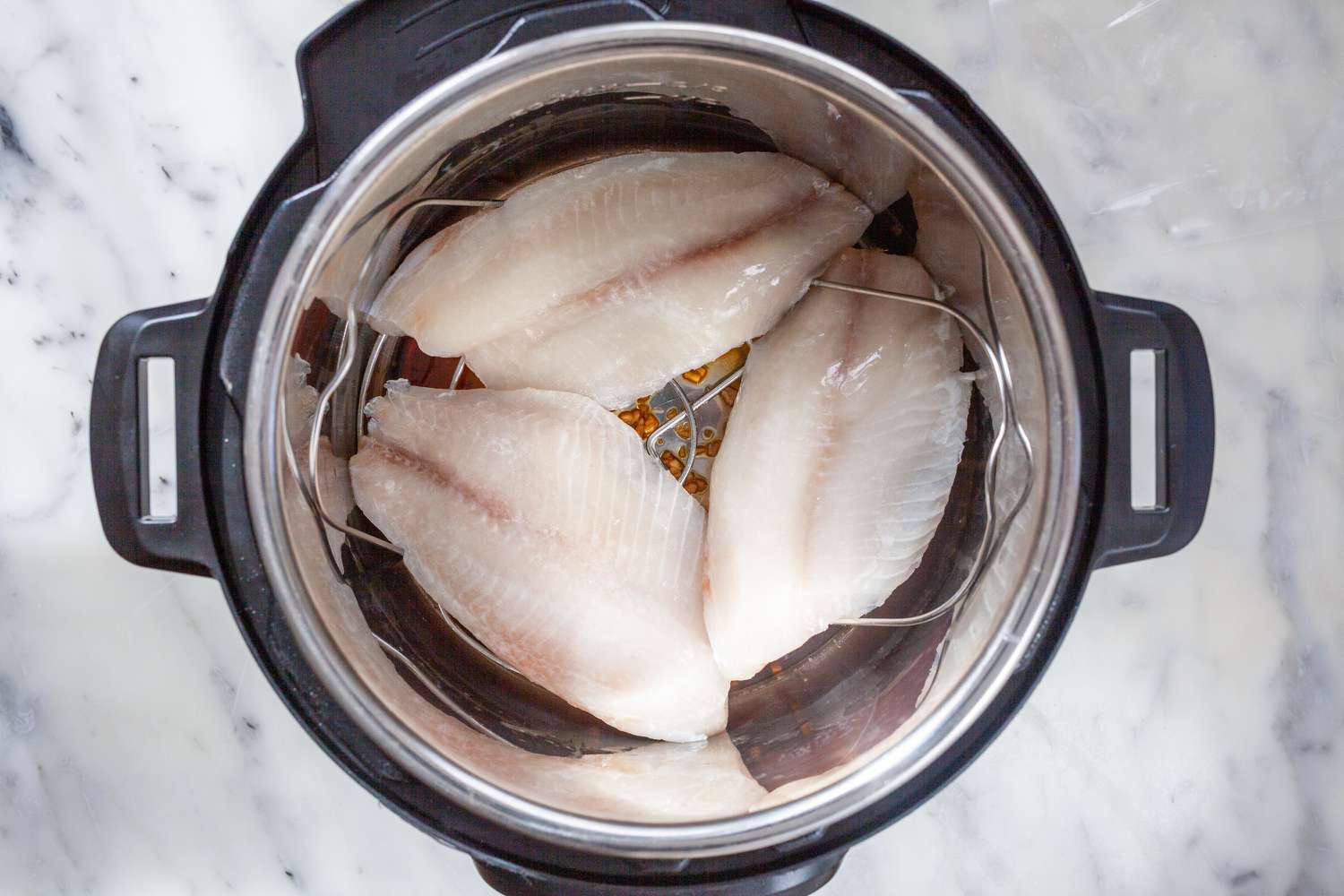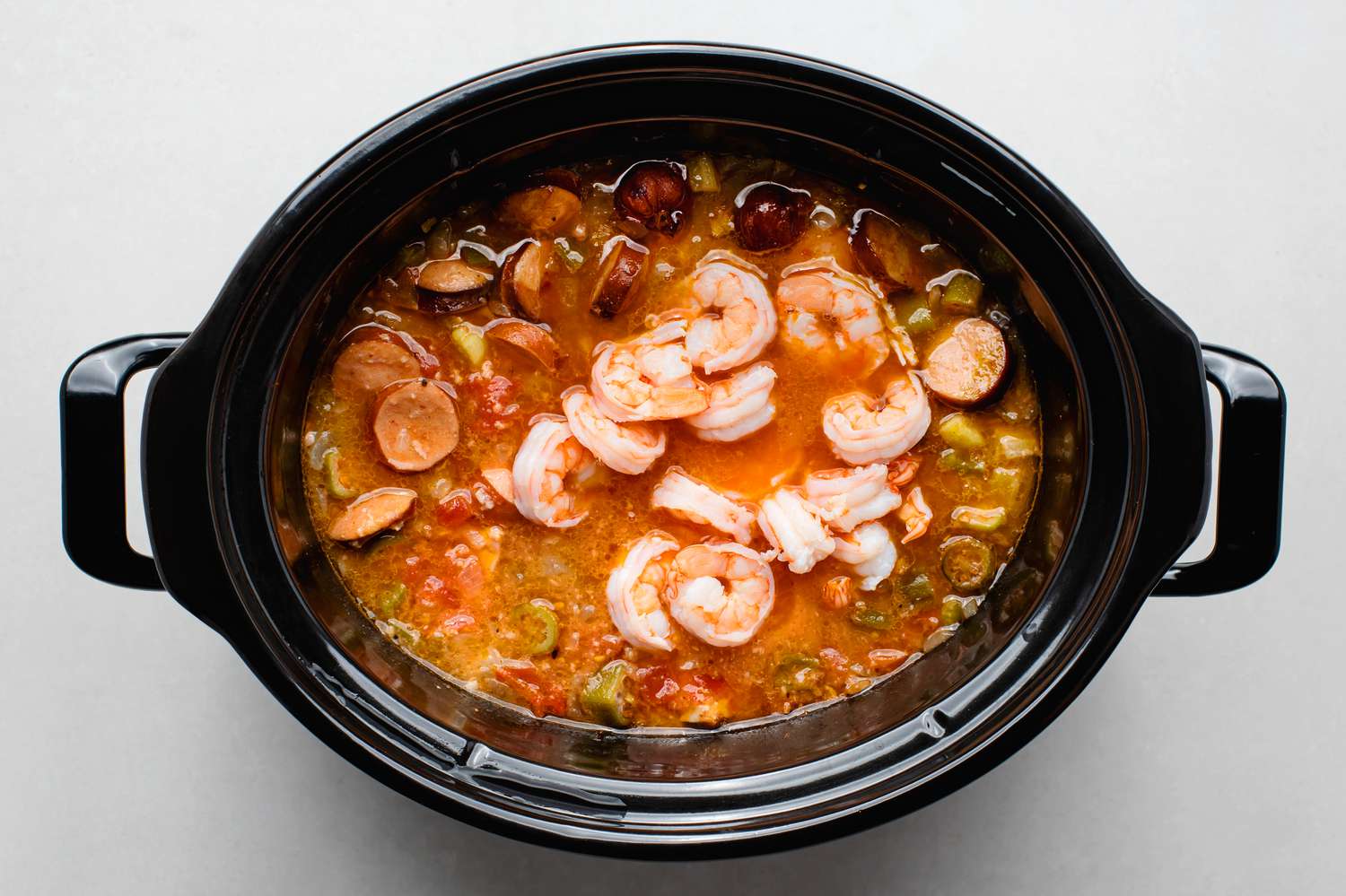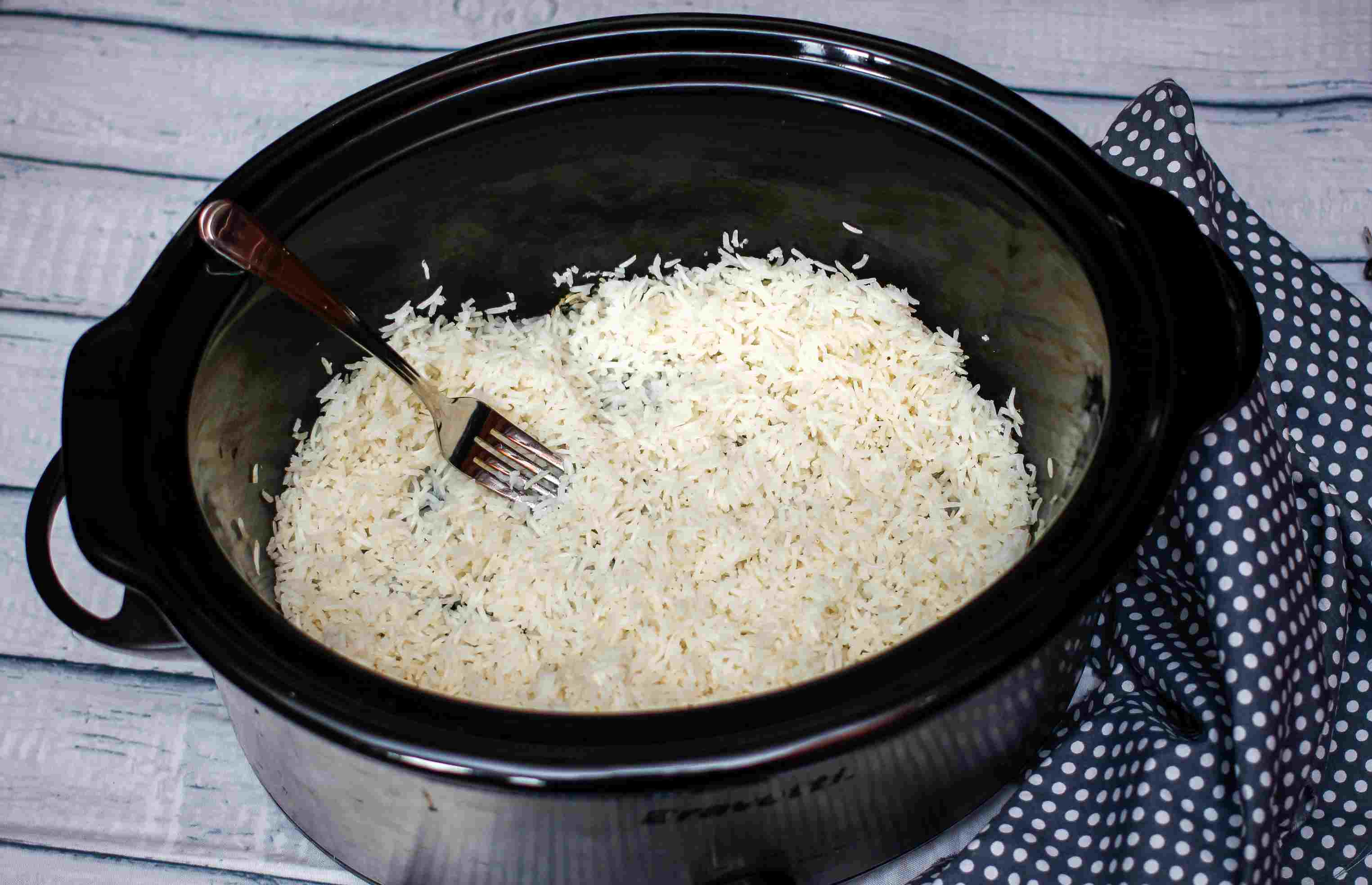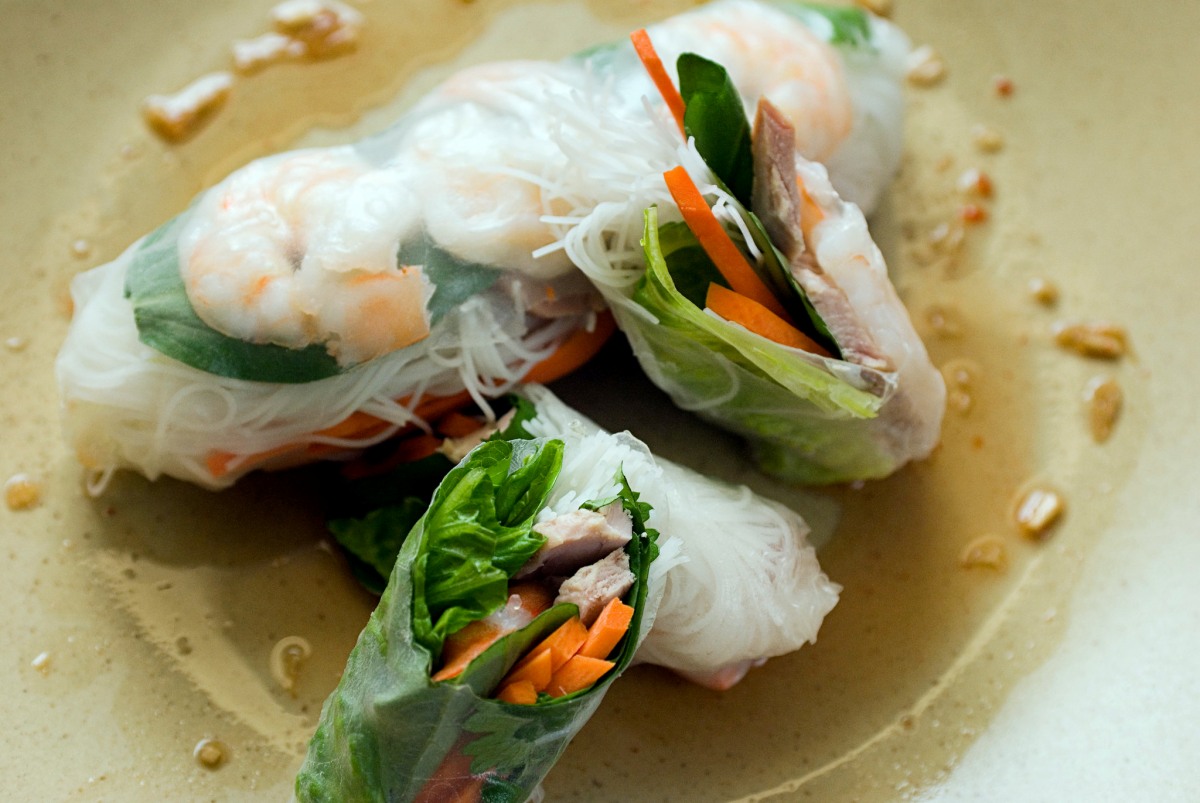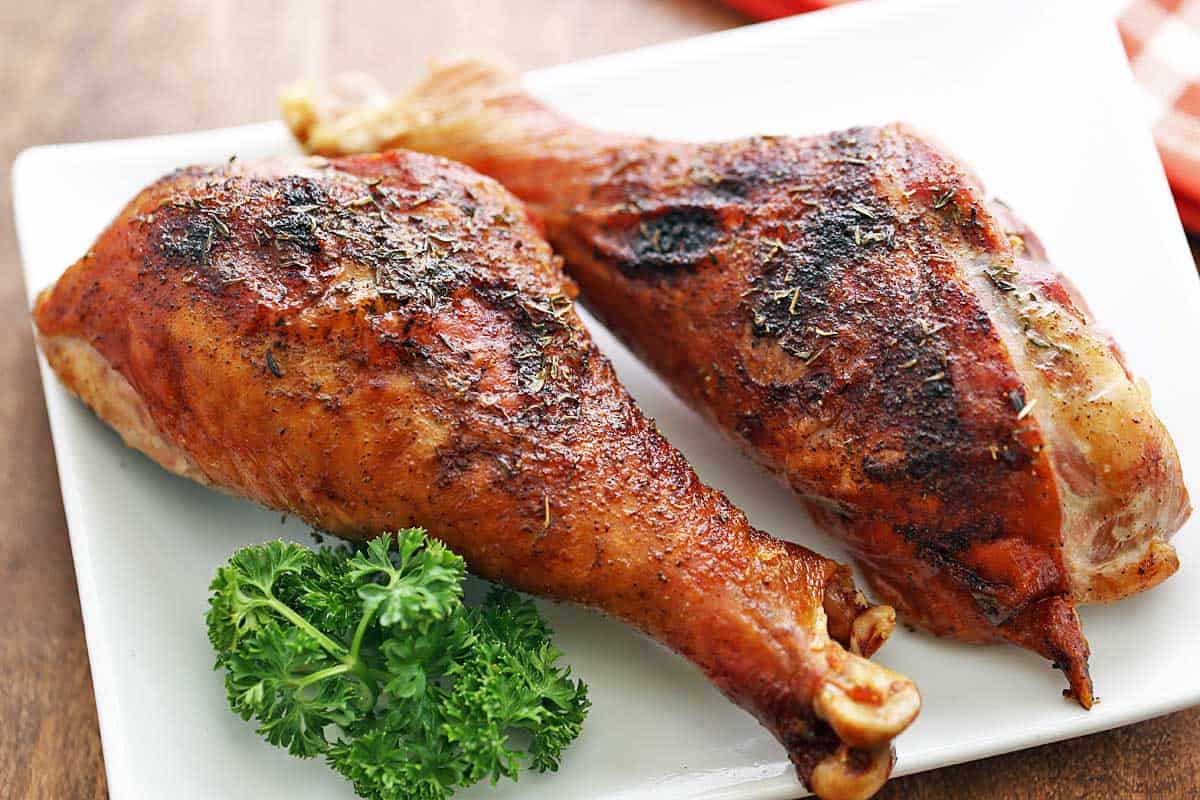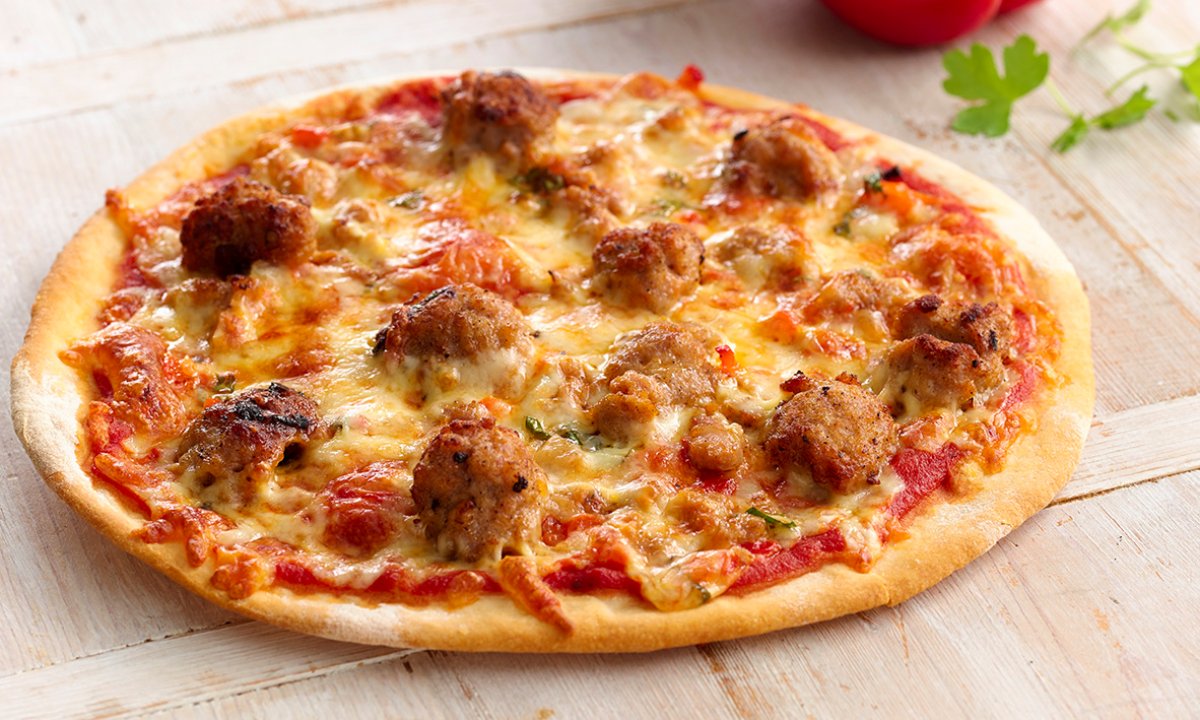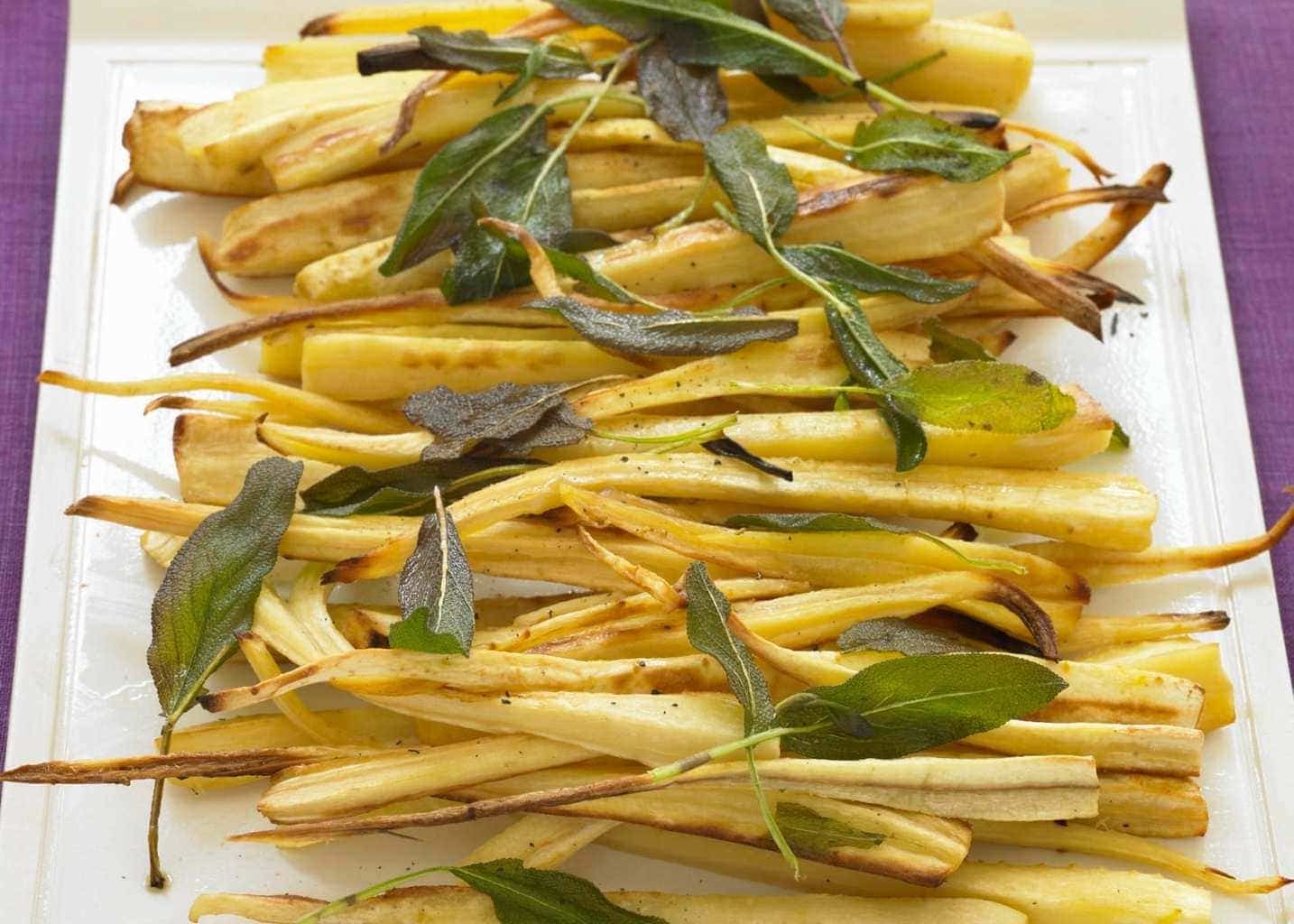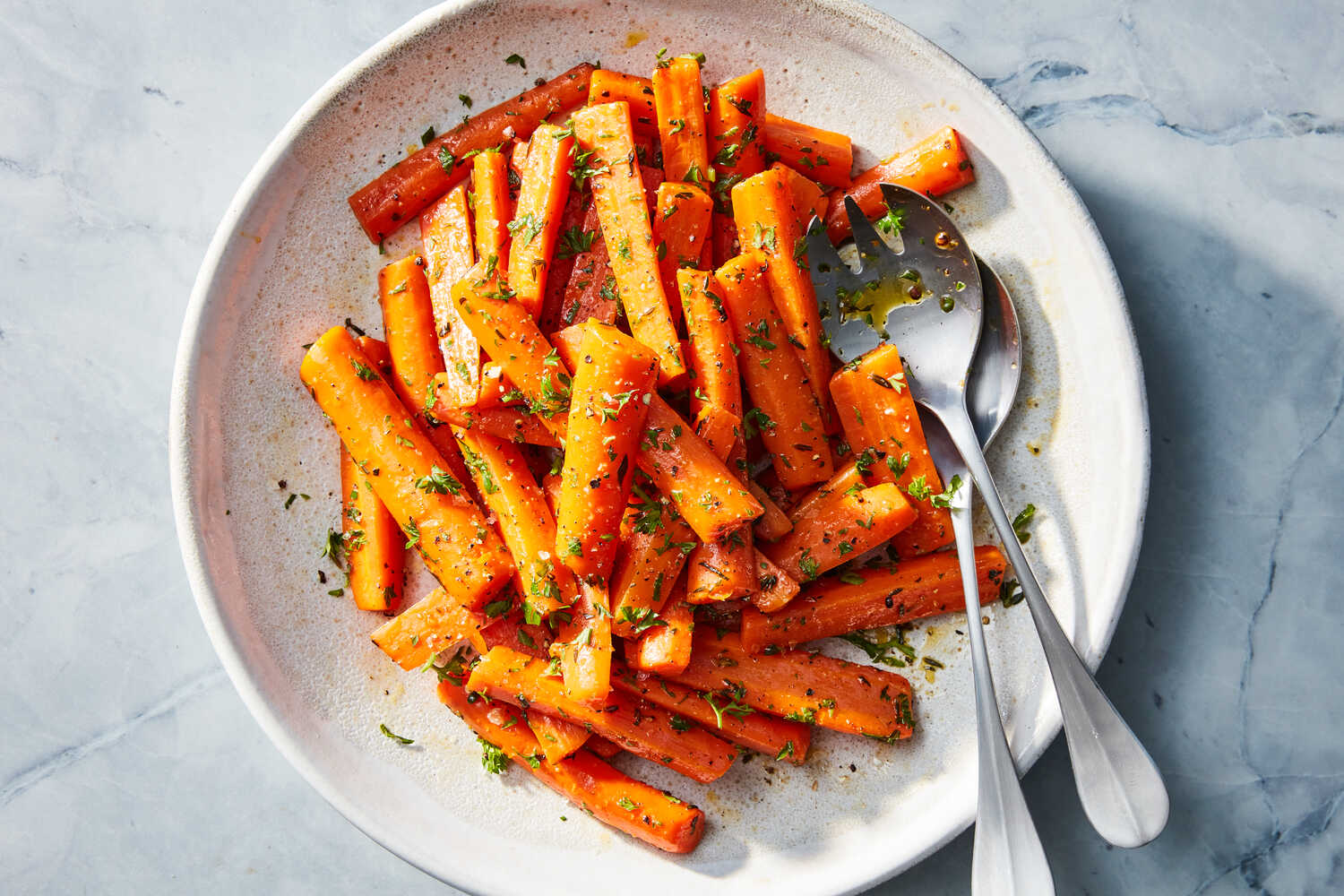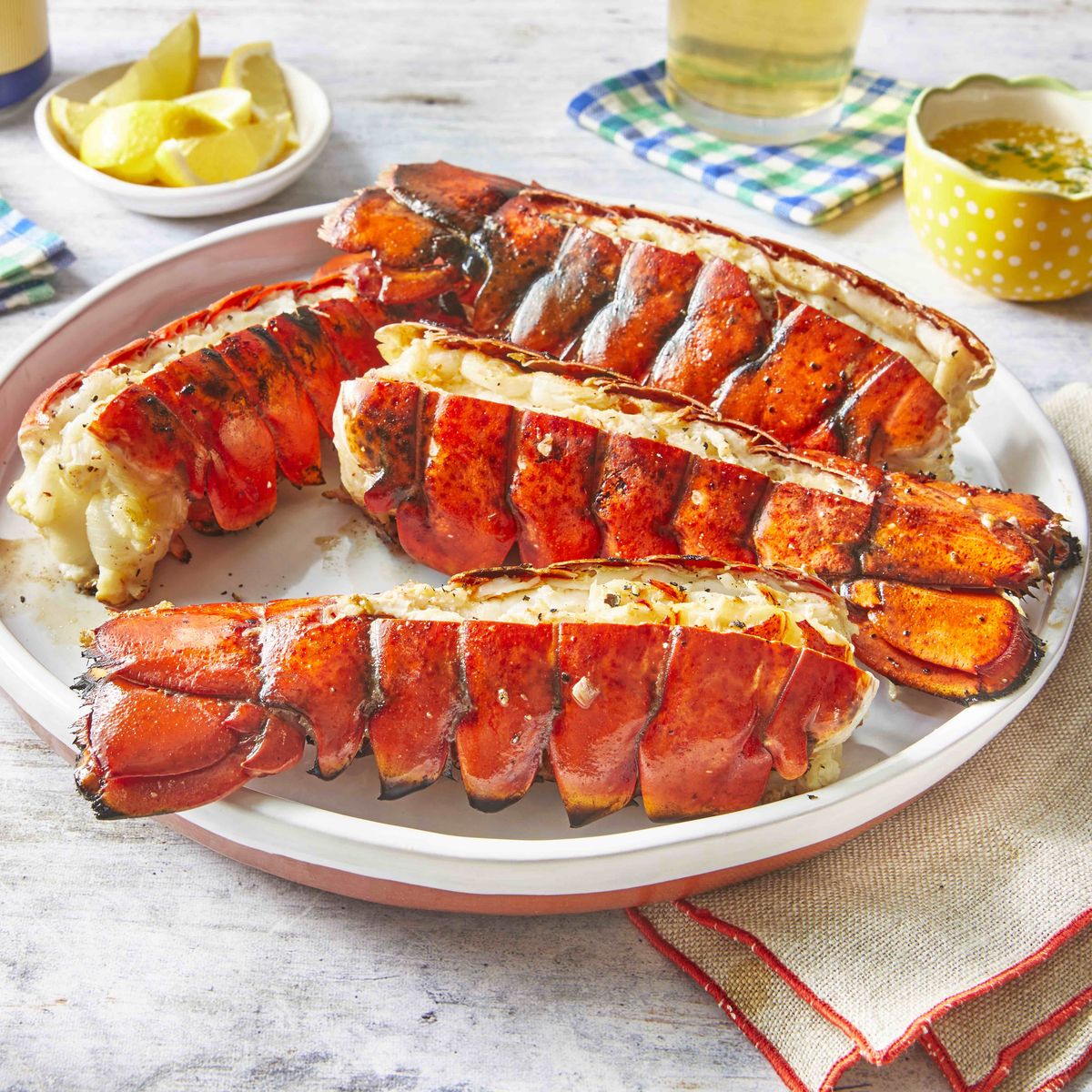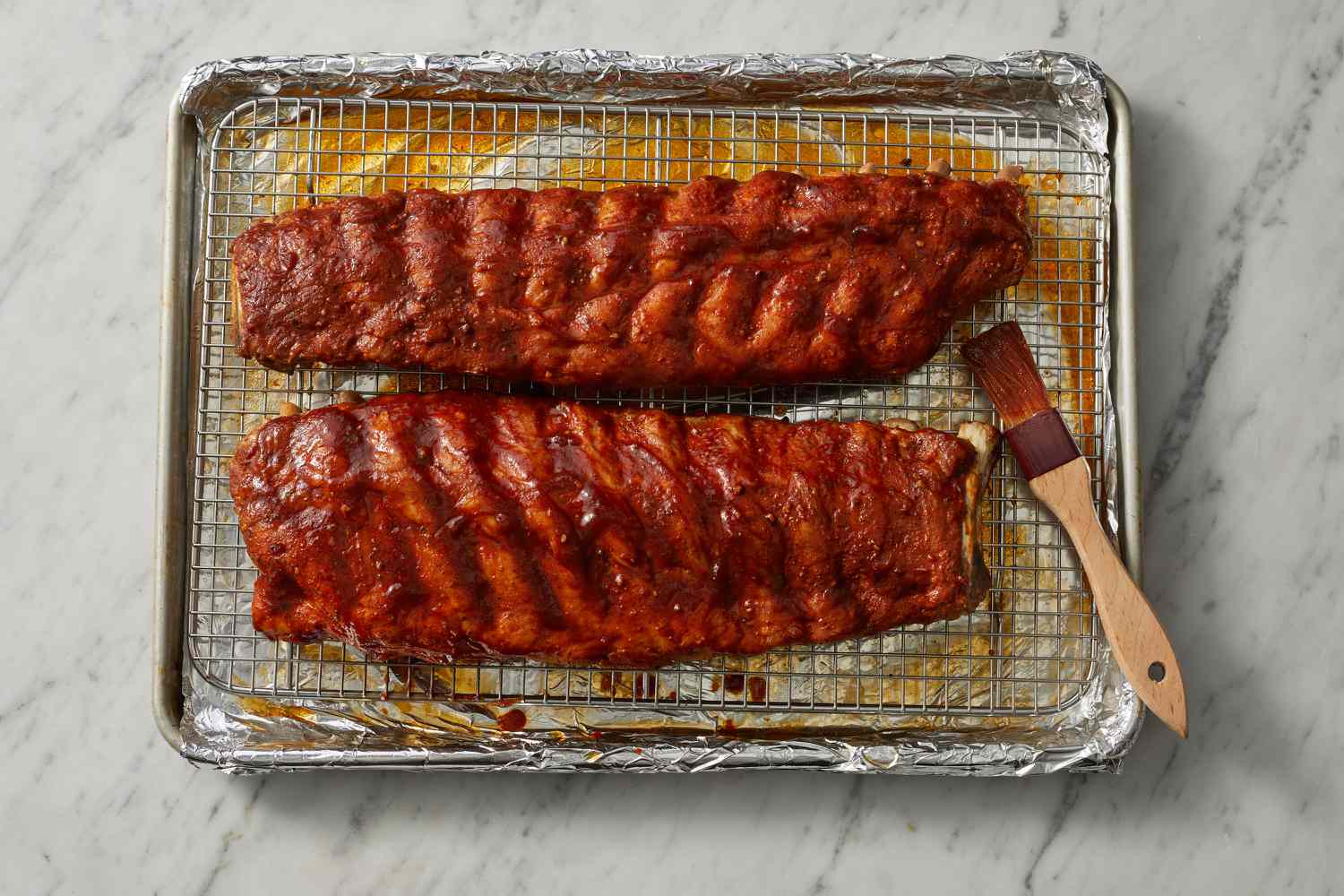Mastering the Art of Cooking a Juicy Pork Roast on a Pellet Grill
There’s something magical about the aroma of a slow-roasted pork roast wafting through the air. The tender meat, infused with smoky flavors, is an absolute delight for the taste buds. If you’re a fan of culinary adventures and own a pellet grill, you’re in for a treat! In this guide, we’ll walk you through the process of cooking a mouthwatering pork roast on your trusty pellet grill.
Choose the Perfect Cut of Pork
The foundation of a delicious pork roast lies in choosing the right cut. When it comes to pellet grill cooking, we recommend selecting a boneless pork loin roast or a bone-in pork shoulder. These cuts are ideal for long, slow cooking and provide excellent results in terms of tenderness and flavor.
Preparation is Key
Before you start grilling, give your pork roast some love and attention with a simple marinade or dry rub. Whether you prefer a classic blend of salt, pepper, and herbs or a flavorful marinade with a hint of garlic and spices, allow your pork roast to marinate for a few hours or even overnight. This will enhance the flavors and ensure a moist and succulent end result.
Set Up Your Pellet Grill for Success
Now that your pork roast is seasoned and ready to go, it’s time to prepare your pellet grill. Follow these steps to ensure a flawless cooking process:
- Preheat: Start by preheating your pellet grill to a temperature of 225°F (107°C). This low and slow method will allow the flavors to develop and keep the meat juicy throughout.
- Add Flavor: If desired, add a handful of your favorite wood pellets to the hopper. This will infuse the pork roast with a subtle smoky taste.
- Indirect Heat: Set up your pellet grill for indirect heat by placing a drip pan beneath the grates. This will catch any drippings and prevent flare-ups.
Cooking Time and Temperature
Patience is key when it comes to cooking a pork roast on a pellet grill. It’s a slow and steady process, but the end result is well worth it. Here’s a guide to cooking time and temperature for different cuts:
- Boneless Pork Loin Roast: Cook at 225°F (107°C) for approximately 20-25 minutes per pound, until the internal temperature reaches 145°F (63°C).
- Bone-In Pork Shoulder: Cook at 225°F (107°C) for approximately 60 minutes per pound, until the internal temperature reaches 195°F (91°C). This will ensure the meat is tender and easily pulled apart.
The Finishing Touch
Once your pork roast reaches the desired internal temperature, it’s time to give it a brief rest. Remove the roast from the grill and tent it with aluminum foil, allowing it to rest for about 15-20 minutes. This step helps redistribute the juices and ensures a juicy and flavorful end result.
Serving Suggestions
Now that you have your perfectly cooked pork roast, the only thing left to do is serve it up! Slice the roast into thick, juicy portions and serve it alongside your favorite sides. Whether you opt for classic mashed potatoes, roasted vegetables, or a fresh salad, the pork roast will undoubtedly steal the show.
There you have it! With these tips and a trusty pellet grill by your side, you can confidently cook a mouthwatering pork roast that will impress family and friends. So fire up that grill, embrace the art of slow cooking, and indulge in the perfection that is a pork roast cooked on a pellet grill!
For anyone looking to master pork roast dishes on a pellet grill, there are some standout recipes to explore. The Smoky Pulled Pork Sandwiches and Smoked Pork Shoulder Tacos are excellent for those who love smoky, tender pork that's perfect for casual gatherings. If you're in the mood for something sweet, the Honey Garlic Pork Roast and Maple Bourbon Pork Loin offer a delightful balance of flavors. For a bit of heat, the Sweet and Spicy Pork Ribs are sure to satisfy. For a more herbal touch, the Mediterranean Herb Pork Roast is a must-try. Each of these recipes will not only showcase the versatility of a pellet grill but also elevate your pork roast game to new heights.
